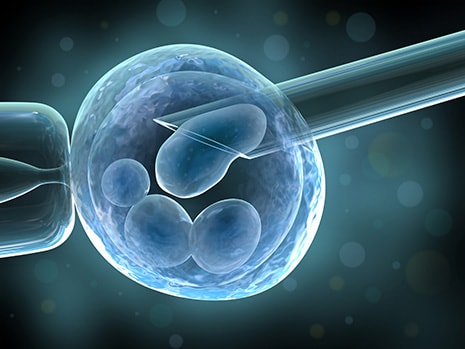Research team grows beating heart cells on various plant leaves.
Orange County, CA - March 24th 2017 - A multidisciplinary research team made up of scientists from Worcester Polytechnic Institute (WPI), the University of Wisconsin-Madison, and Arkansas State University-Jonesboro have cultured human heart cells upon spinach leaves. Due to the similarities in the vascular network structures between plants and animals, the team was able to decellularize spinach leaves, leaving the plant tissue as a scaffold for tissue engineering.
Decellularization was accomplished by perfusing a detergent solution through the veins via cannulating the petiole, or stem, of the spinach. This left the vascular system, made primarily of cellulose, intact allowing for the delivery of micro particles. The team then replaced the plant cells with those from a human heart; sending human endothelial cells to colonize the inside of the vasculature and human mesenchymal stem cells and human pluripotent stem cell derived cardiomyocytes to attach to the outer surface.
In the series of experiments performed, the team was able to culture contracting cardiomyocytes capable of handling calcium over the course of 21 days.

Corresponding author of the of the paper and professor of biomedical engineering at WPI Dr. Glenn Gaudette has acknowledged there is more work to be done, but called the current endeavor promising. "Adapting abundant plants that farmers have been cultivating for thousands of years for use in tissue engineering could solve a host of problems limiting the field,” he said in an interview for WPI.
This breakthrough is significant for the scientific community due to current bioengineering techniques not being able to mimic the fine network of blood vessels vital for transporting oxygen, nutrients, and other essential particles necessary for healthy tissue growth. This new method also provides economic and environmental benefits such as its low cost and no need for synthetic material development. The plants can be easily grown and kept in controlled environments.
Different plants have the potential framework for a vast amount of tissue engineering technologies. The team, in addition to spinach leaves, was able to remove the plant cells of parsley, sweet wormwood, and peanut hairy roots. Its success in several different plants suggests it could be adapted for specialized tissue regeneration studies.
The team is continuing their research in several directions with optimizing the decellularization process, further researching how human cells develop on different plant scaffolds, and how they develop depending on nourishment sources. The team is also looking at a second vascular network for removing blood and fluids from the human tissue. The team will present their experiment and its early results on April 7, 2017 at the National Academy of Inventors inaugural Student Innovation Showcase in Boston.
To read more about their study click here.
Contact Ampronix:

Email: info@ampronix.com
International Sales: +1 949-273-8000
Domestic Sales: 1800-400-7972 for US and Canada
Follow Us:
Share This Article:
View our Product Catalog Online Here
About Ampronix
Ampronix is a renowned authorized master distributor of the medical industry's top brands as well as a world-class manufacturer of innovative technology. Since 1982, Ampronix has been dedicated to meeting the growing needs of the medical community with its extensive product knowledge, outstanding service, and state-of-the-art repair facility. Ampronix prides itself on its ability to offer tailored, one-stop solutions at a faster and more cost-effective rate than other manufacturers. Ampronix is an ISO & ANSI/ESD certified facility. To learn more go here.
Research team grows beating heart cells on various plant leaves. Orange County, CA – March 24th 2017 – A multidisciplinary research team made up of scientists from Worcester Polytechnic Institute (WPI), the University of Wisconsin-Madison, and Arkansas State University-Jonesboro have cultured human heart cells upon spinach leaves. Due to the similarities in the vascular network structures […]



